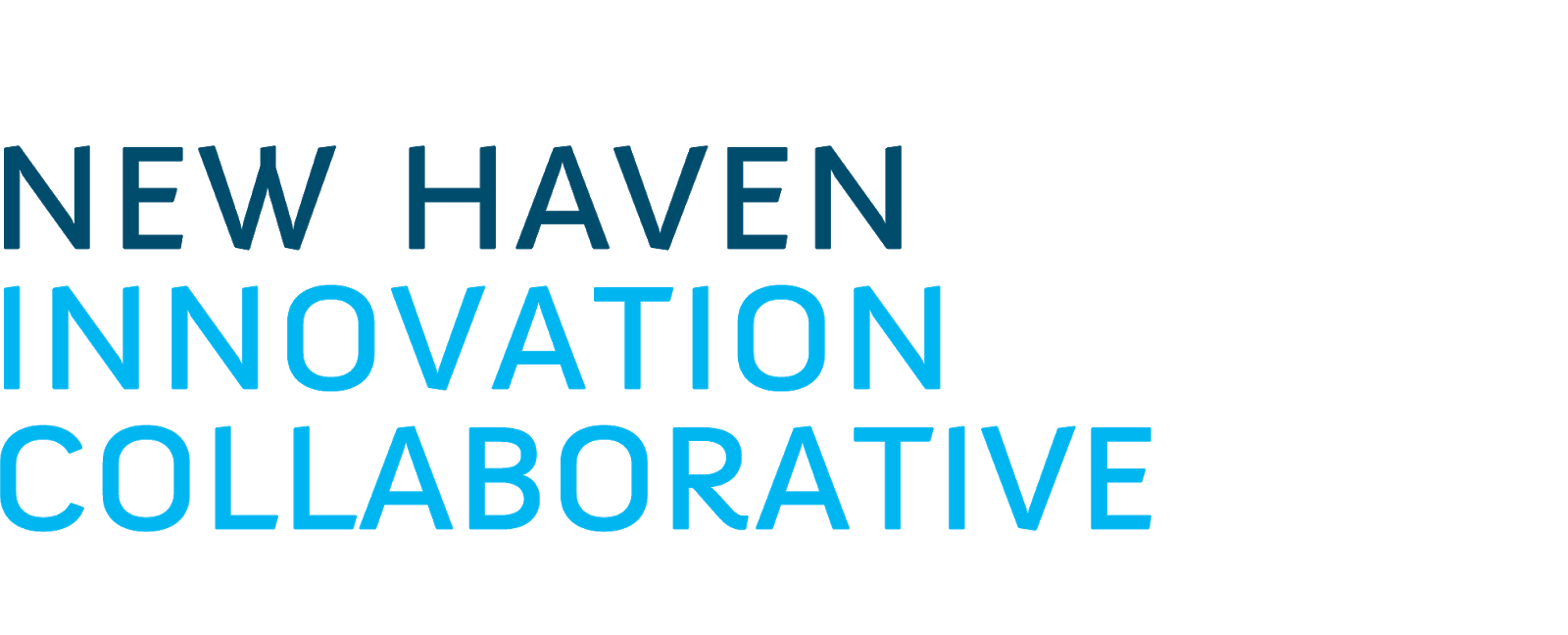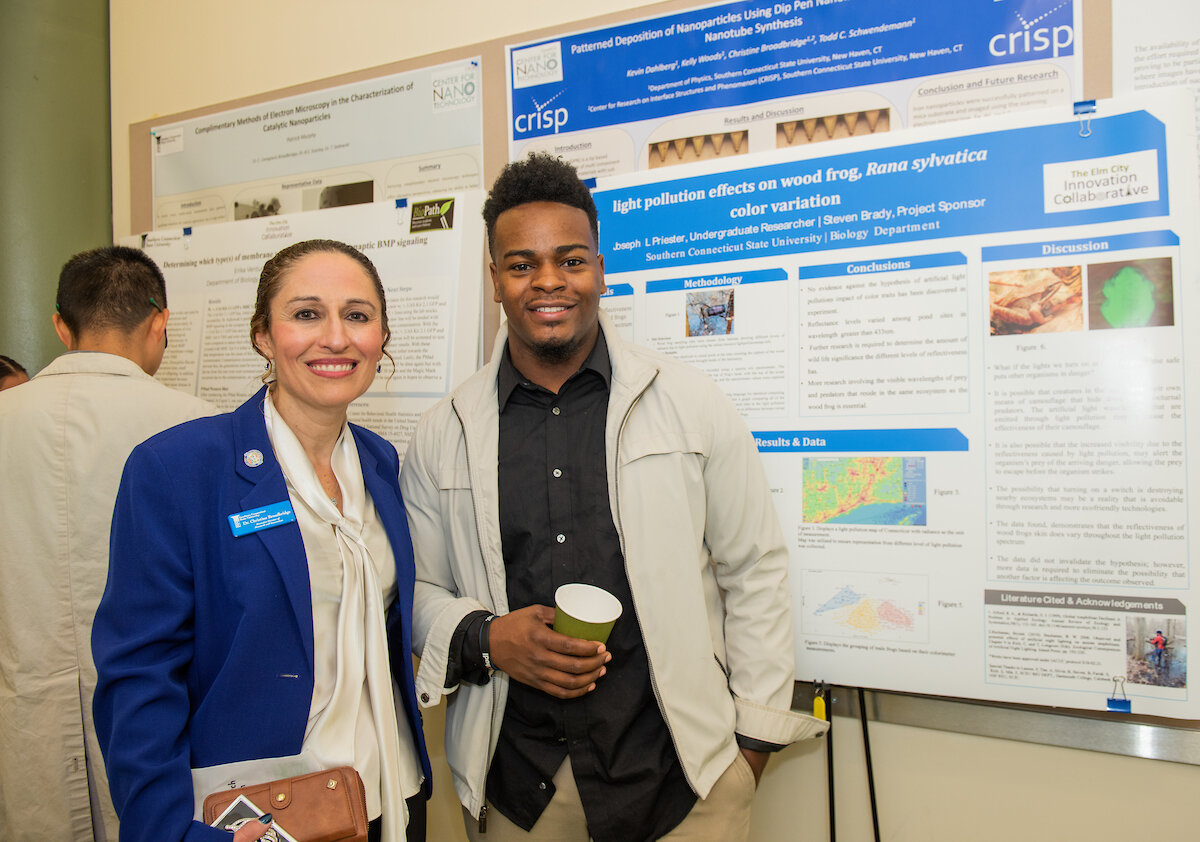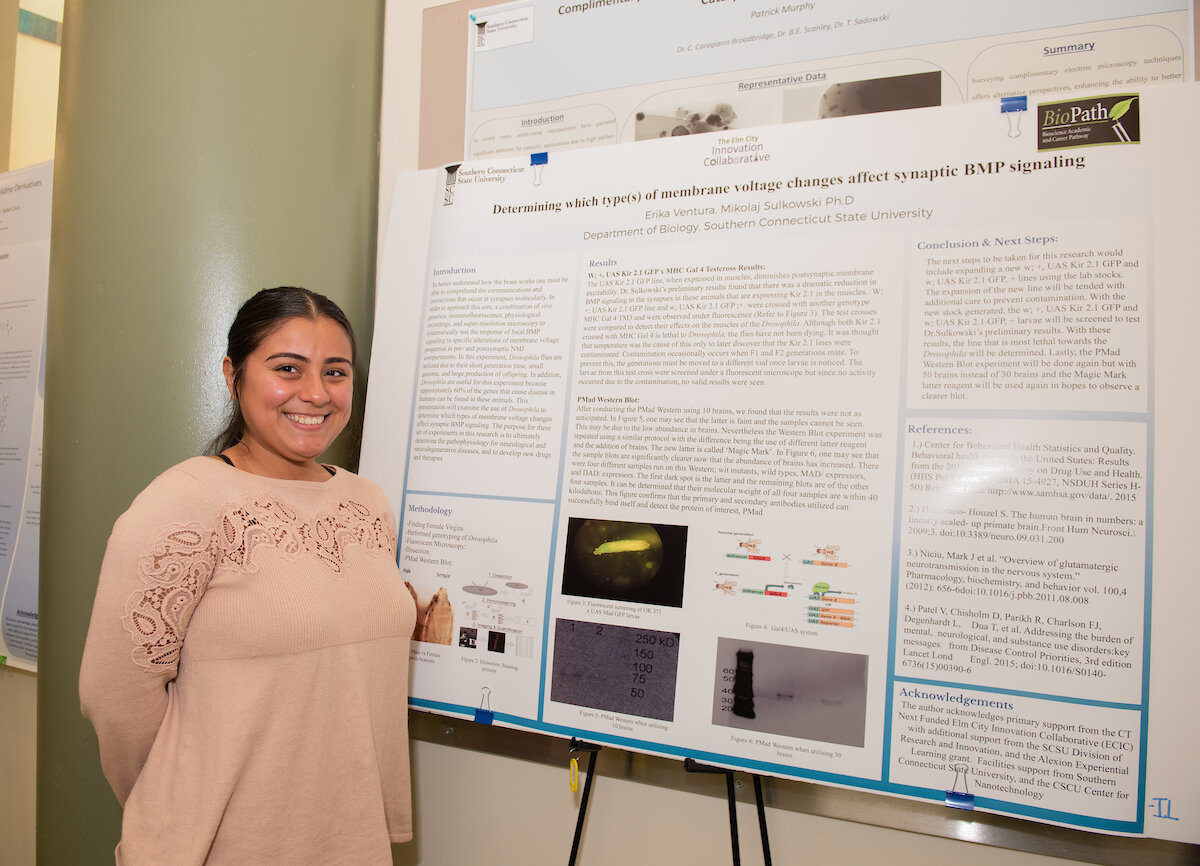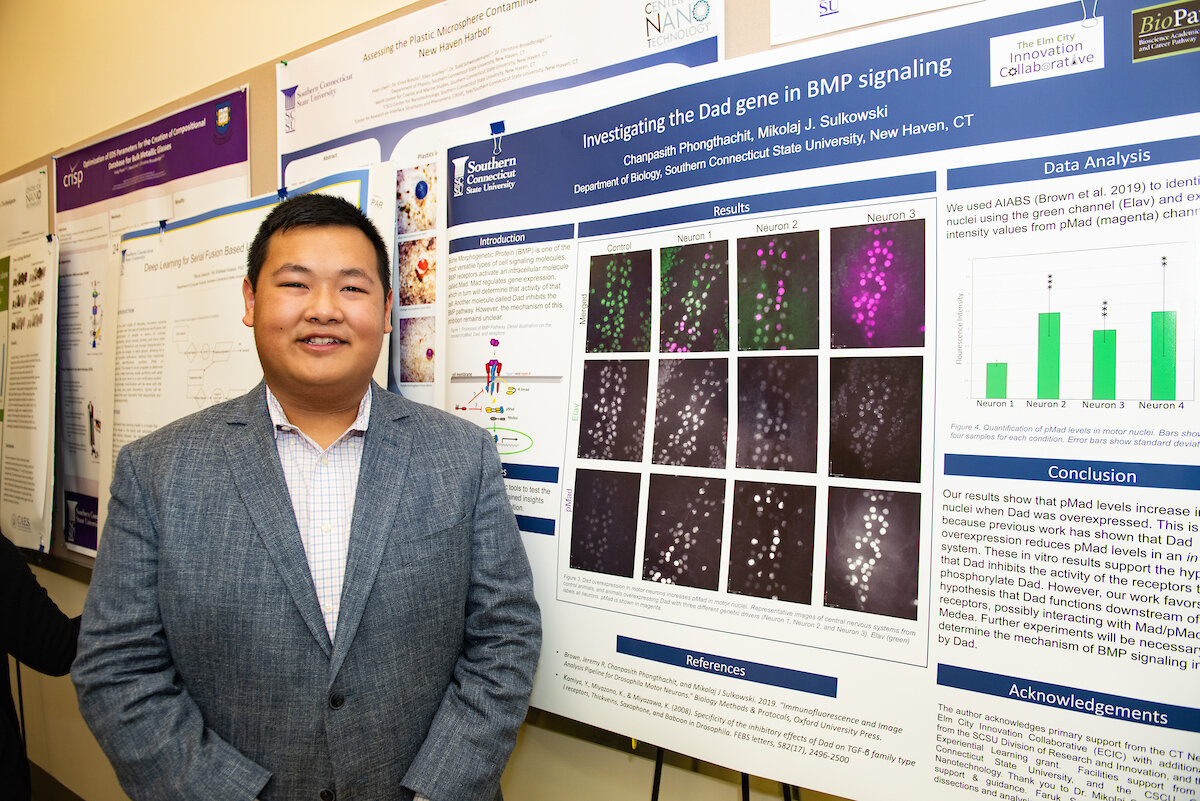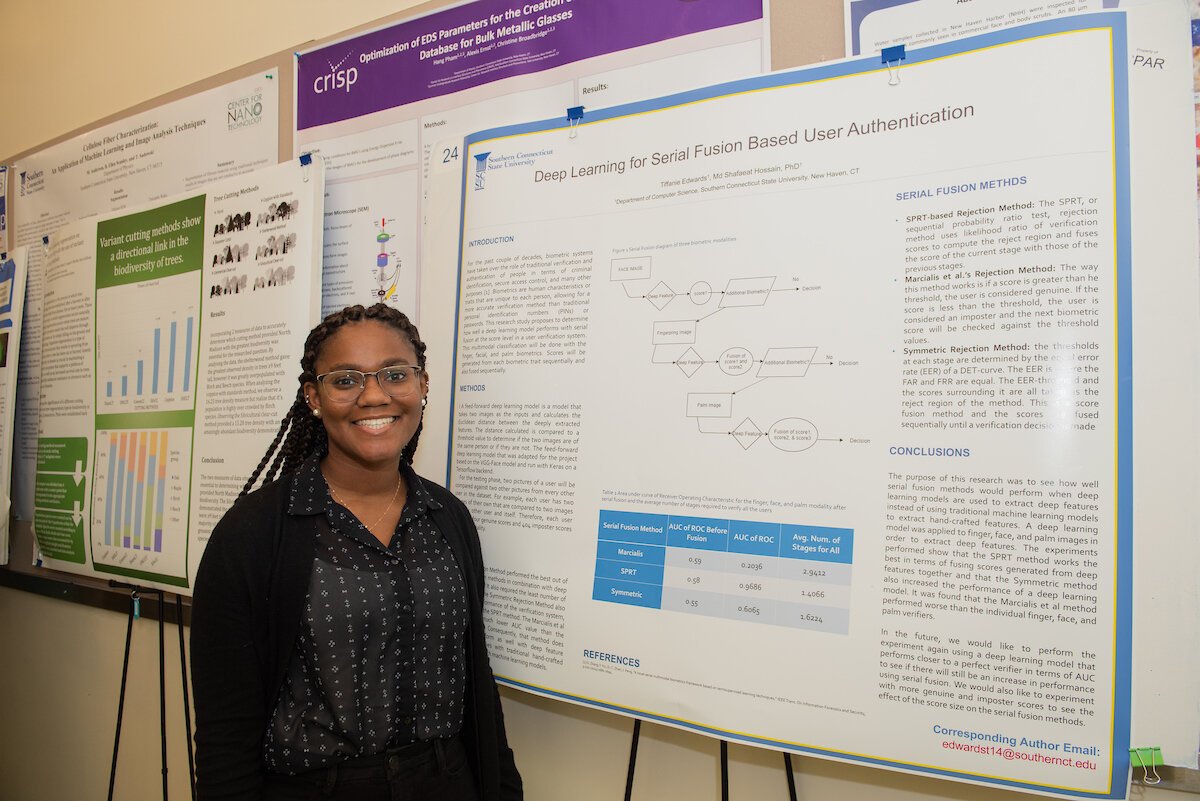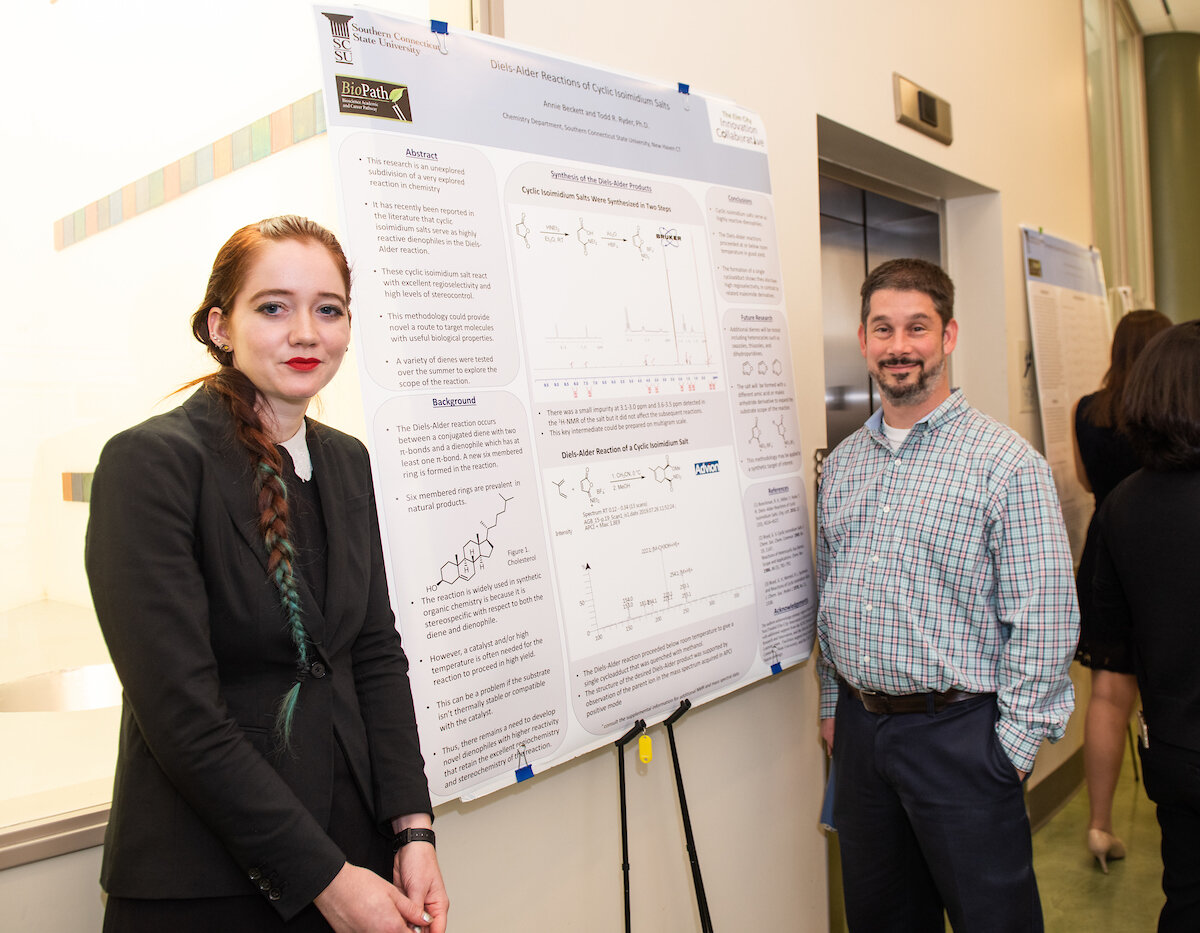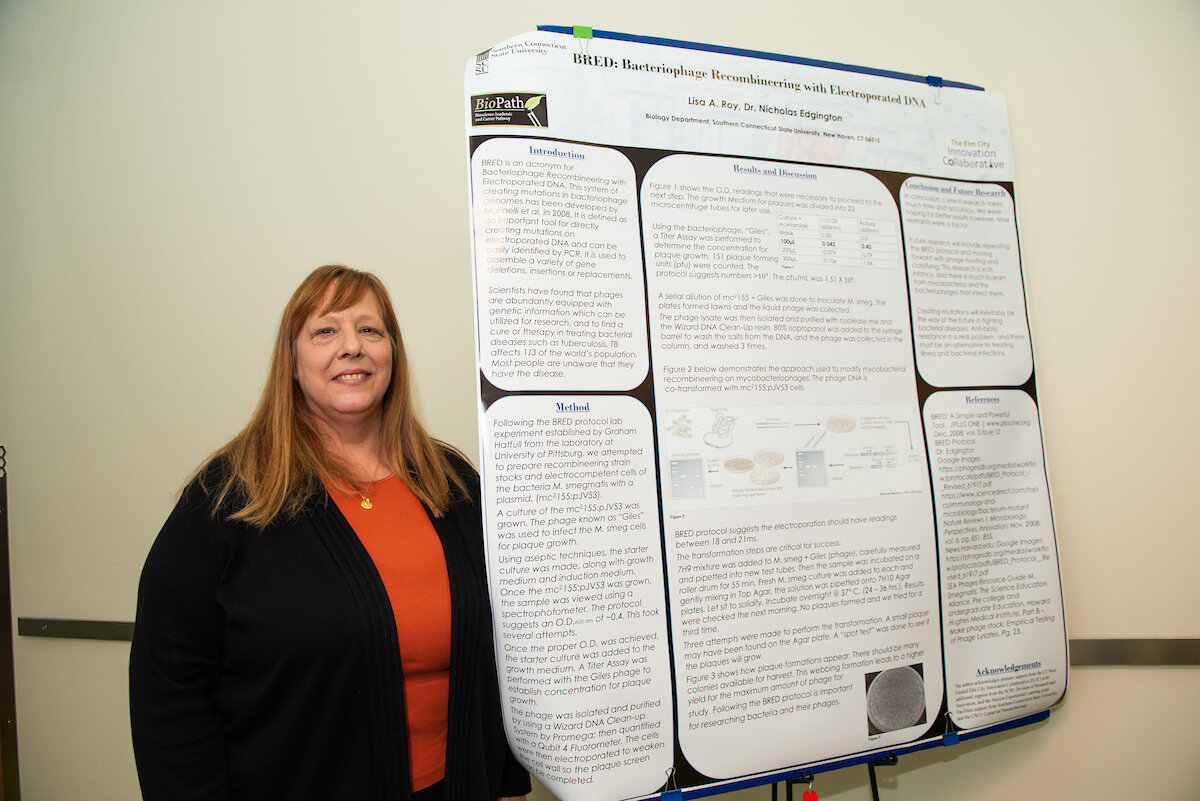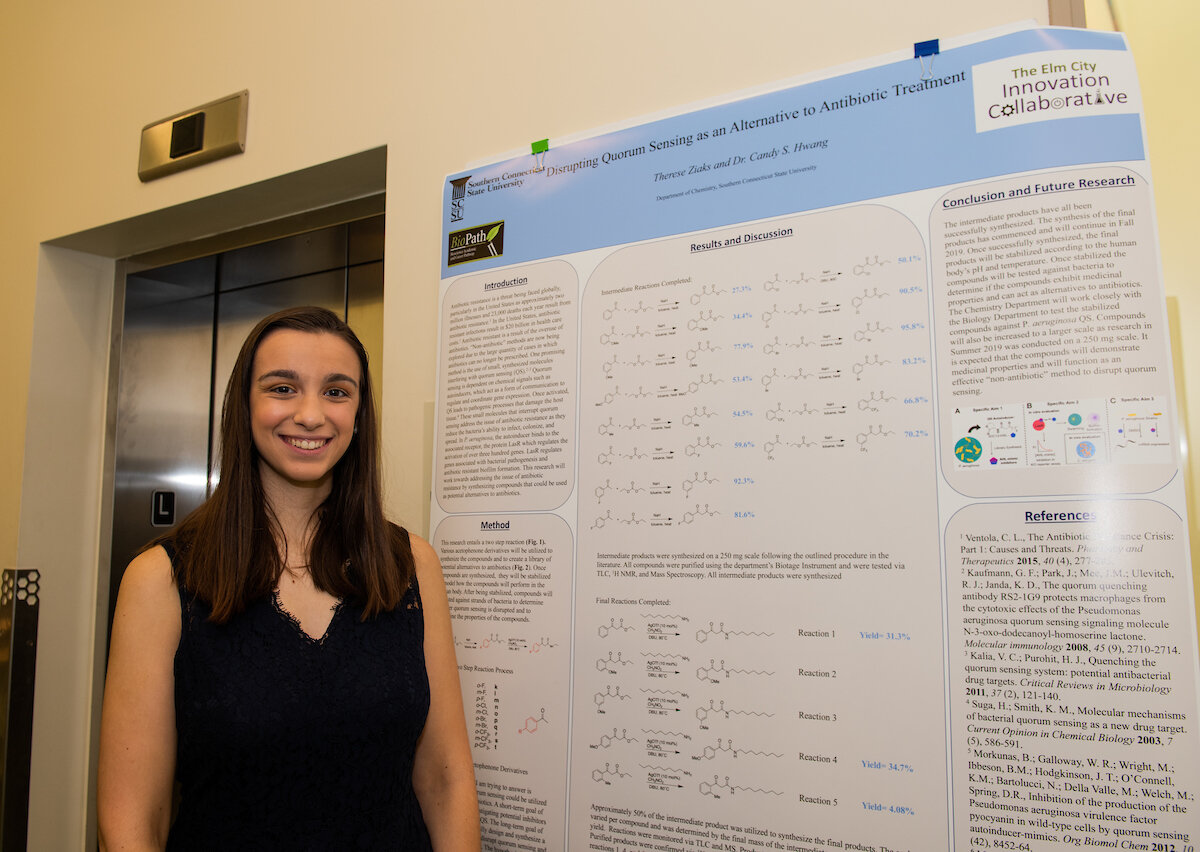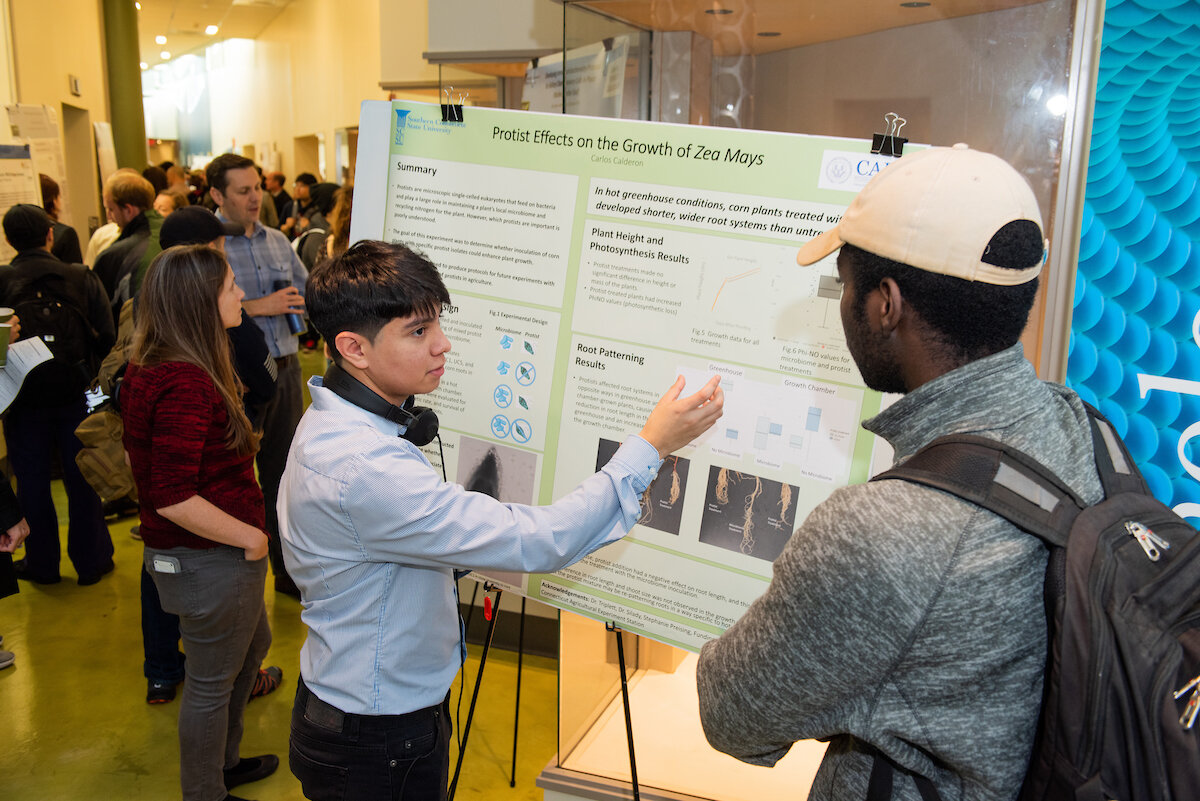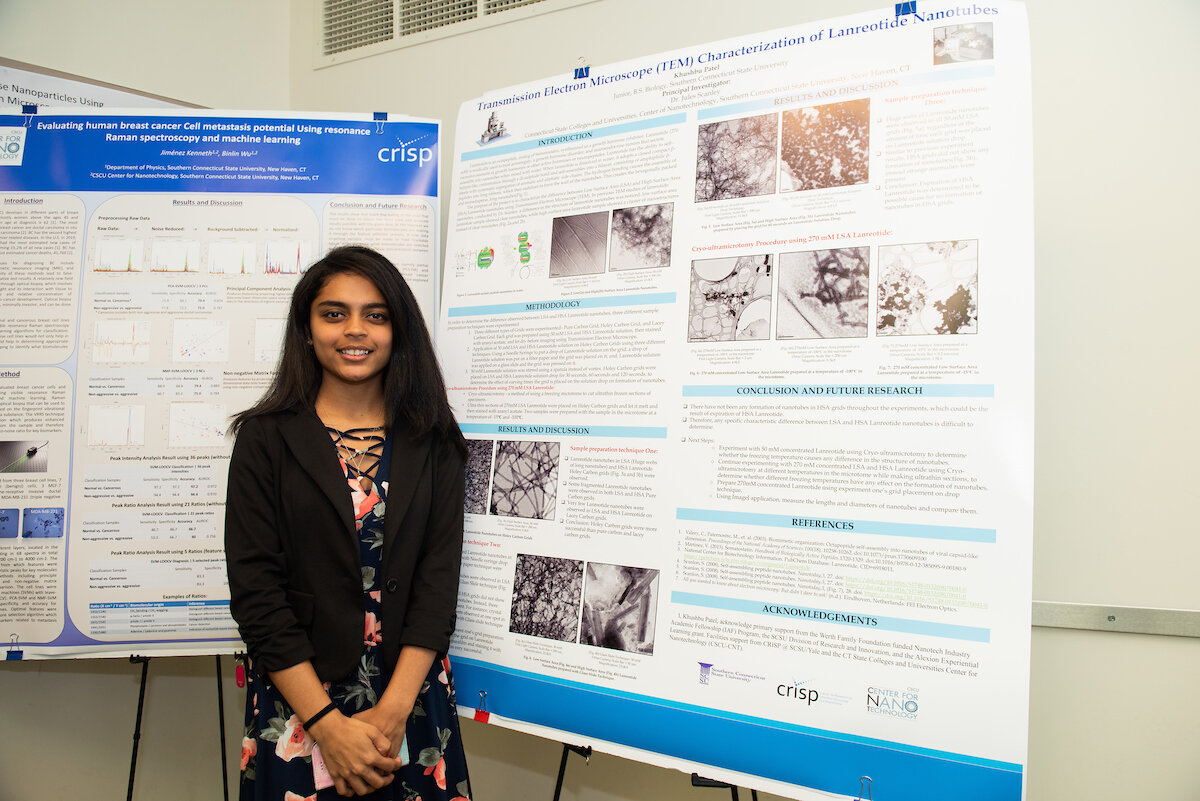New Degrees
BioPath launched with the creation of a new Biotechnology, B.S. degree, which includes coursework in applied molecular and cellular biology and advanced research lab experience. Beginning with 2 students in 2017, enrollment has grown to 21 students in 2019, and 44 in 2021.
Since launch, the BioPath has broadened to offer additional academic pathways:
a new Data Science, BS degree
a Biochemistry Concentration within the Chemistry, B.S. degree
a Graduate Certificate in Nanotechnology, a three-course graduate certificate program available for both current students and continuing career development
A new MA degree in Data Science is currently in development and the BioPath Skills Institute (launching in 2021) is testing new stand-alone modules in 6 core skill areas, to be considered as potential curriculum for future certificate programs.
Over 1400 students are enrolled in all of the BioPath STEM degrees (Biology, Chemistry, and Computer Science), including 123 students from New Haven high schools.
“Last year, my brightest student wasn’t able to take a competitive research internship because it was unpaid and she had to work at Walmart.”
paid laboratory research experience
CTNext funding provides paid stipends for students to work in both industry and academic labs, with an allocation of supplies and funding for their own student research project. According to SCSU’s Bioscience Industry Needs Assessment, 75% of local companies hire from their intern pool, offering a direct connection to employment.
To date, internship placements have led to successful hires at Arvinas, Halda Therapeutics, Synovel, and Vistara Bioscience.
Both programs run in parallel with the Werth industry academic fellowship, where fellows conduct research on key topics identified by local companies to advance their work.
“If you give me a mass spectrometer, I can give you 12 students a year who know how to run it.”
small instrumentation fund
Steered by an advisory committee, CTNext matching grants put industry-relevant equipment into classrooms and academic labs to train undergraduates in the particular skills in demand with local companies.
Instrumentation purchased with Innovation Places funding has supported 30 faculty and student research projects across 3 institutions. To date, over 393 students have been trained to use the equipment as part of their research or coursework, with projections for 656 students to receive that same training each year going forward. In addition, over 5,000 students (and 2,110 per each coming year) used interactive 3D-rendered labs as part of introductory bio courses, including virtual dissection and pathology comparisons. Read more in our 2020 Instrumentation Impact Summary.
Instrumentation Impact
The 3D Bioprinter installed for Dr. Shue Wang at UNH is used by 30 students in the “Tissue Engineering Laboratory” course each year. The equipment is also used by several graduate students and another 20 high school and undergraduate students who enroll in their summer BioEngineering program.
